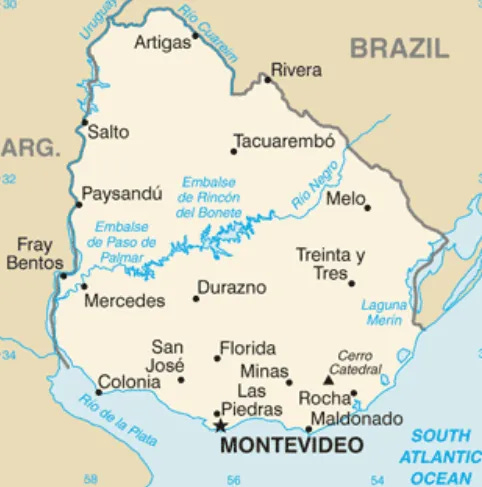The Uruguayan Ministry of Public Health reported a worrying development: the presence of three imported cases of Oropouche fever, all in the department of Montevideo, in people arriving from Brazil. Two of the cases were recorded in epidemiological week 17 and the other in week 19.
Two of the cases were women under 30 years of age who had no previous illnesses but who showed symptoms similar to those of severe dengue fever.
The Oropouche virus is transmitted by the bite of the Culicoides paraensis biting midge, which lives mainly in wooded areas and near bodies of water. The disease can cause fever, chills, nausea, vomiting, and rashes, as well as headache, joint, and muscle pain. Most cases resolve spontaneously, but some can be severe. The Ministry of Public Health does not systematically monitor this vector; however, in response to these imported cases, a vector surveillance and control protocol was implemented.
This protocol is based on the placement of light traps around the homes of the cases to verify that there are no competent vectors that could allow viral transmission.






